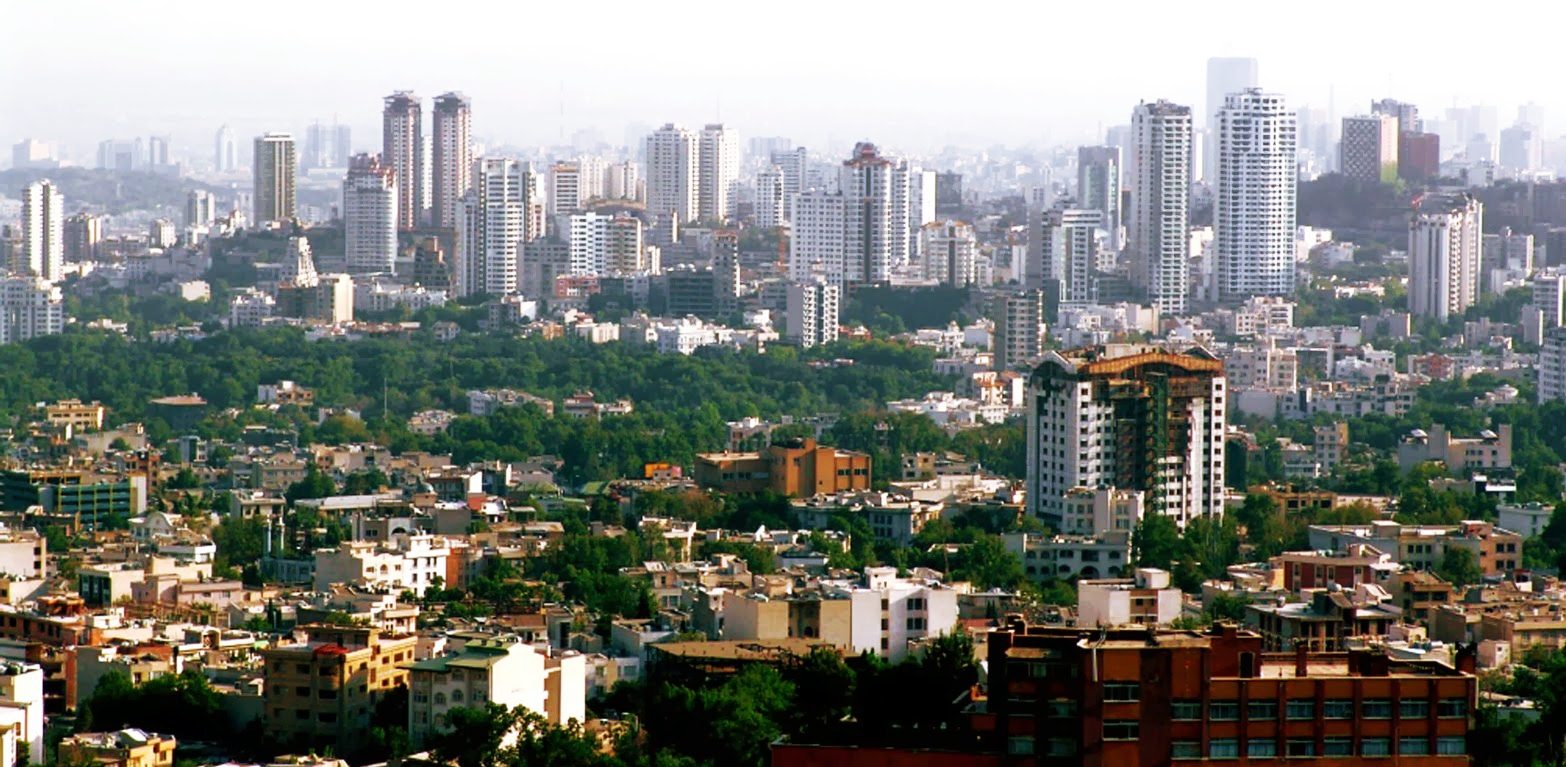Bottom Lines: The fundamentals that make Bangalore command the highest rental yields in India are sustainable and realistic.
 Mayur Shah, an NRI from Boston wanted to invest back home on the residential space. His first choice naturally has been the hometown Ahmedabad. However, he was advised by the local agents to instead go for a Bangalore property.
Mayur Shah, an NRI from Boston wanted to invest back home on the residential space. His first choice naturally has been the hometown Ahmedabad. However, he was advised by the local agents to instead go for a Bangalore property.
His first impression has been that he was being taken for a ride as the property prices in India’s Silicon Valley has been a bit higher than the Ahmedabad market. However, a closer look at the Indian property market made him realize the rationale and prudence of investment in income producing city like Bangalore.
“Purely from the standpoint of ROI (Return on Investment) Ahmedabad or many other cities of India do not make any sense when compared with Bangalore. The rental yields in these cities are hovering around a meager 1-1.5 per cent, depending upon the location. However, Bangalore property promises to give almost three times higher,” says Shah.
Facts speak for themselves. As per the data available with Track2Realty, the real estate think-tank group, Bangalore rental yields are highest in the country. It is range bound between 3-4 per cent, depending upon the location. The property prices are still much lower than many other cities, including the financial capital of India, Mumbai, or the Delhi-NCR market.
Another report by Global Property Guide suggests the rental yields in Bangalore are anywhere between 3.7 to 4.4 per cent. The report adds that this seemingly higher rental yields are nevertheless long way below the 2007 level where the yields had been in the range of 7.16 per cent to 9.92 per cent.
What sustains highest rental yields?
While rental yields in other Indian cities are in the range of 1-1.5%, Bangalore rental yields are around 3-4%
The 2007 level indicates the yields had been in the range of 7.16 per cent to 9.92 per cent, as per Global Property Guide
Reason of highest rental yields is consumption of office space per household that is competitive in Bangalore with global cities like London, Singapore, New York, Tokyo
In major global cities the consumption of office space is around 60-65 square feet per household and in Bangalore absorption is 50 square feet
Analysts believe the credit for highest rental yields in Bangalore goes to its robust economic activity. Consumption of office space per household in the city is a testimony of the fact. Data available with Track2Realty shows consumption of office space per household in Bangalore is competitive not only in India but also internationally in London, Singapore, New York, Tokyo etc.
In major global cities the consumption of office space is around 60-65 square feet per household. In India the ratio per household even in a city like Mumbai is 25 sq feet. Kolkata has a dismal only 14-15 square feet office space per household. In Delhi-NCR it is again 20-25 square feet per household. However, Bangalore has the impressive absorption is 50 square feet office space per household which means the volume of office space and houses being supplied have been in equilibrium.
In London despite of so much population pressure it still has 50-55 sq feet per household. Singapore has 60-65 sq feet per household; New York has 160 sq feet per household. Now since Bangalore maintains that global demand trend it is attracting the expat professionals who are always on the look out for rented property.
Ramesh Nair, CEO & Country Head, JLL India seems to agree with the theory when he says that among the seven major office markets in India, Bengaluru continues to have the lowest vacancy levels at slightly less than 4 per cent. At a pan-India level, the average vacancy in commercial real estate stands at 15 per cent, as of 4Q16.
“From these figures, it is clear that IT hubs continue to see a good supply-demand equilibrium compared to other markets in the country. Developers in these IT hubs, especially Bengaluru and Pune, need to look into addressing the existing space crunch before the situation forces occupiers to consider some other cities,” says Nair.
JC Sharma, VC & MD of Sobha Ltd sums up the debate when he says that the rental values of Bangalore also appear to be high because the capital values are realistic.
“Bangalore is the only city that is truly demand driven and the increasing exodus of corporate sector in the city only indicate the trend of high rental yield will further gain momentum. As of now, we are looking up to Bangalore rental yields on an international benchmark and not national average,” says Sharma.
The big question is whether Bangalore rental yields can actually touch the major cities of the world where 7-8 per cent rental yields are the norm. Well, it has already breached that mark in the past and once the macro economy improves indications are that Bangalore rental yields will yet again be at par with the major cities of the world.
By: Ravi Sinha





